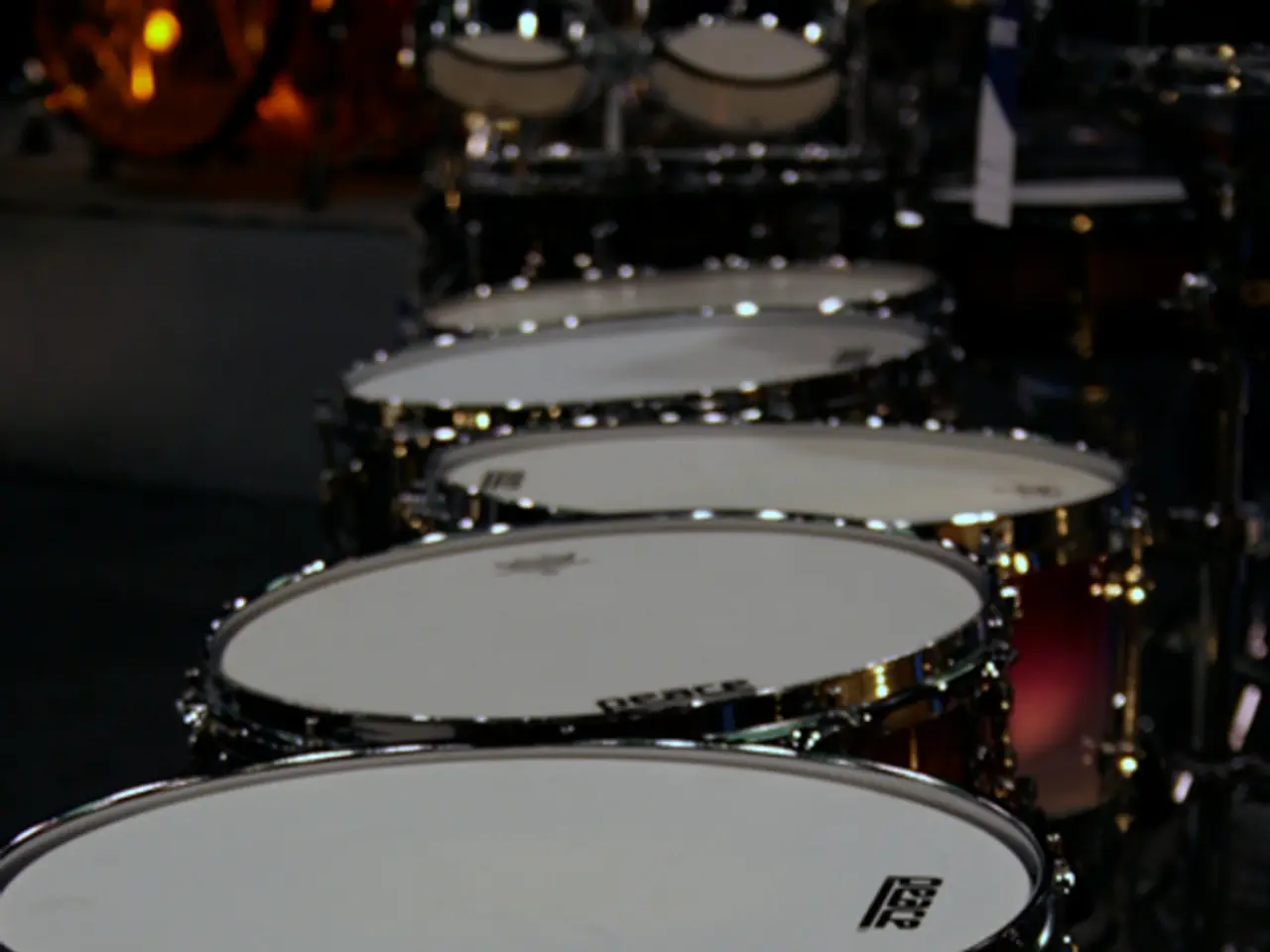Exploring Microdosing Psilocybin Mushrooms: Could This Be the Secret to Unleashing One's Maximum Abilities?
Microdosing psilocybin, the practice of consuming small amounts of the psychedelic compound found in magic mushrooms, has gained popularity in recent years. However, while anecdotal reports suggest potential benefits such as improved mood, enhanced focus, and increased appreciation for nature, robust clinical research to conclusively prove its therapeutic benefits is still lacking [1].
Typically, microdosing involves taking around 1/10th to 1/20th of a standard psychedelic dose, aiming for subtle mood, energy, or cognitive shifts without hallucinations [1][2]. Early, mostly anecdotal and some preliminary clinical studies suggest possible benefits for mood enhancement, anxiety reduction, and focus improvement. However, a 2025 randomized controlled trial (RCT) found no significant difference in ADHD symptoms between placebo and microdosed LSD groups, highlighting the mixed evidence on cognitive benefits [3].
Effects of microdosing are subtle and variable, with no established optimal dosing schedules and potential development of tolerance over time [3]. On the other hand, outside microdosing, higher-dose psilocybin-assisted therapy trials show more robust and reproducible therapeutic outcomes, especially for depression, PTSD, and other psychiatric disorders [2][4]. For example, studies with full doses demonstrate significant mental health improvements, neuroplasticity promotion, and brain connectivity changes in clinical populations [4].
If you're considering microdosing psilocybin, approach it with caution. Do thorough research, start with a low dose, keep a journal, practice responsible use, and prioritize self-care. It's important to remember that seeking guidance from a qualified healthcare professional is crucial if you're struggling with mental health issues [6].
Balancing microdosing with other aspects of life can be a challenge that requires careful planning and consideration [7]. The practice has the potential to be a powerful tool for personal growth and self-discovery when used responsibly and with intention.
Despite the ongoing research, psychedelics, including psilocybin, have faced significant social stigma due to their association with counterculture movements and criminalization in the 1960s and 1970s [8]. However, a growing movement is pushing for the reevaluation of their legal status due to growing research on their therapeutic potential [9].
Microdosing psilocybin has improved the speaker's mental well-being, enhanced creativity, and changed their perception of the world. It has fostered a greater appreciation for the beauty and interconnectedness of nature, and led to an increased sense of mindfulness and self-awareness. However, mild headaches and increased sensitivity to light were unexpected side effects experienced during microdosing.
In conclusion, while microdosing psilocybin is popular and culturally widespread, strong clinical research to conclusively prove its therapeutic benefits is still lacking. Ongoing research aims to clarify microdosing's efficacy, optimal protocols, and long-term effects.
- Exploring the realm of health-and-wellness, one might take into account microdosing as a possible tool for personal growth and mental-health enhancement, based on anecdotal reports of improved mood, focus, and appreciation for nature.
- In the realm of education-and-self-development, one must be well-informed about the potential benefits and risks of microdosing, as robust clinical research is still needed to conclusively prove its therapeutic benefits.
- To maintain a balanced lifestyle, one must consider the effects of microdosing on mental health, manage it carefully with journaling and self-care practices, and seek guidance from a healthcare professional when dealing with mental health issues.




